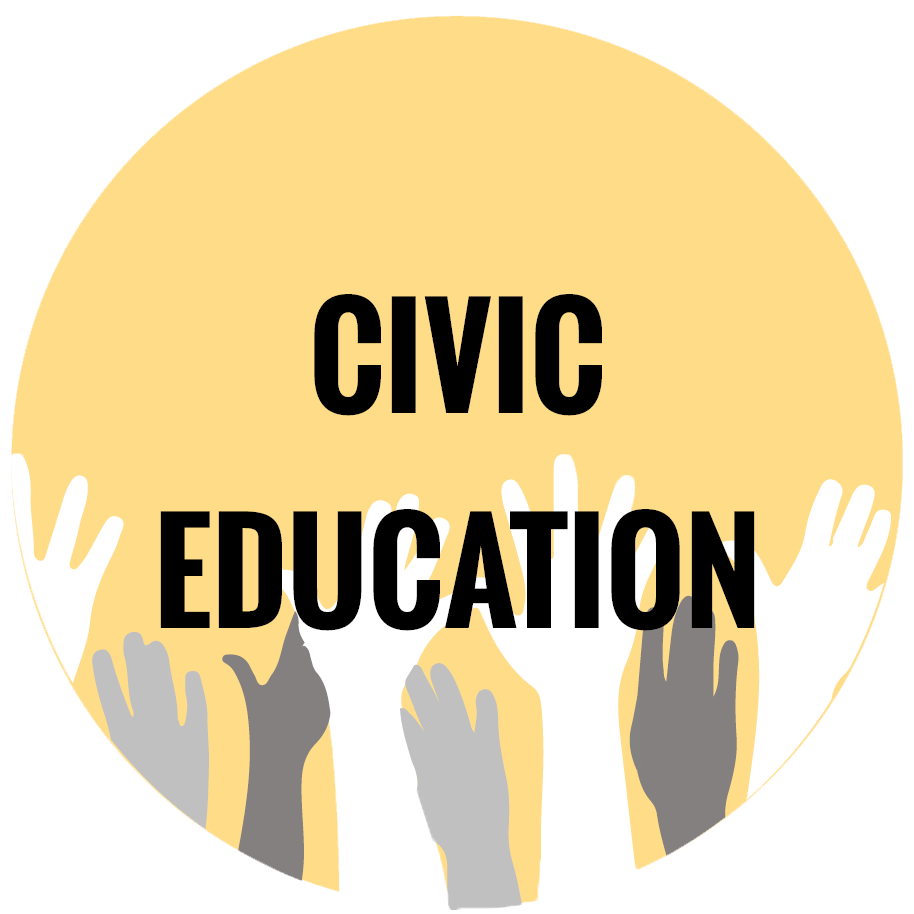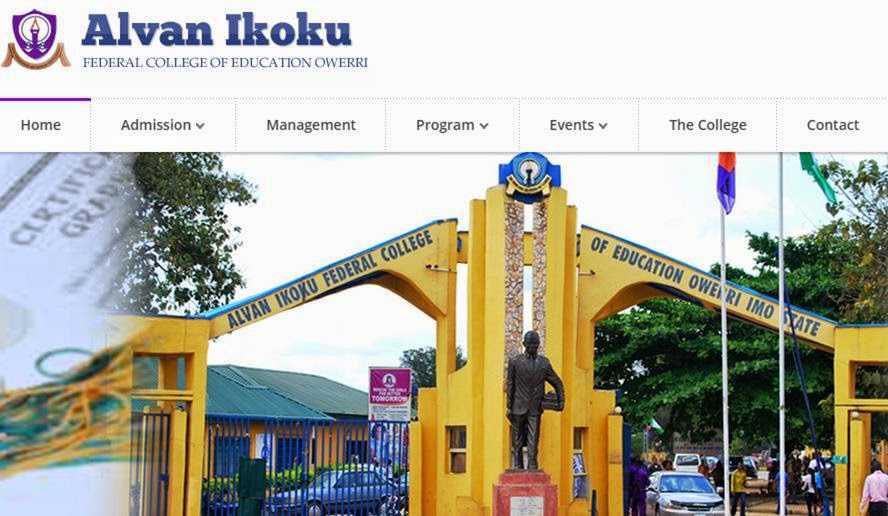
Civic Education lesson note for JSS1 Third Term is now available for free. The State and Federal Ministry of Education has recommended unified lesson notes for all secondary schools in Nigeria, in other words, all private secondary schools in Nigeria must operate with the same lesson notes based on the scheme of work for Civic Education.
Civic Education lesson note for JSS1 Third Term has been provided in detail here on schoolgist.ng

For prospective school owners, teachers, and assistant teachers, Civic Education lesson note is defined as a guideline that defines the contents and structure of Civic Education as a subject offered at SS level. The lesson note for Civic Education for SS stage maps out in clear terms, how the topics and subtopics for a particular subject, group works and practical, discussions and assessment strategies, tests, and homework ought to be structured in order to fit in perfectly, the approved academic activities for the session.
To further emphasize the importance of this document, the curriculum for Civic Education spells out the complete guide on all academic subjects in theory and practical. It is used to ensure that the learning purposes, aims, and objectives of the subject meant for that class are successfully achieved.
Civic Education Lesson note for JSS1 carries the same aims and objectives but might be portrayed differently based on how it is written or based on how you structure your lesson note. Check how to write lesson notes as this would help make yours unique.
The JSS1 Civic Education lesson note provided here is in line with the current scheme of work hence, would go a long way in not just helping the teachers in carefully breaking down the subject, topics, and subtopics but also, devising more practical ways of achieving the aim and objective of the subject.
The sudden increase in the search for JSS1 Civic Education lesson note for Third Term is expected because every term, tutors are in need of a robust lesson note that carries all topics in the curriculum as this would go a long way in preparing students for the West African Secondary Examination.
This post is quite a lengthy one as it provides in full detail, the Civic Education-approved lesson note for all topics and sub-topics in Civic Education as a subject offered in JSS1.
Please note that Civic Education lesson note for JSS1 provided here for Third Term is approved by the Ministry of Education based on the scheme of work.
I made it free for tutors, parents, guardians, and students who want to read ahead of what is being taught in class.
JSS1 Civic Education Lesson Note (Third Term) 2024
CIVIC EDUCATION
CLASS – JSS 1
SCHEME OF WORK FOR THIRD TERM
| WEEK | TOPICS |
| 1 | Revision of last term work |
| 2 | National consciousness and identity |
| 3 | National symbols and their meaning |
| 4 | National symbols (cont.) |
| 5 | National symbols – National Anthem and Pledge |
| 6 and 7 | Measures adopted by Nigeria government to promote unity among Nigerians |
| 8 | How individuals can promote National Unity |
| 9 | Nigerian constitution |
| 10 – 11 | Revision |
| 12 | Examination |
WEEK 1 AND 2
Topic: National Consciousness and Identity
OBJECTIVES : At the end of the lesson,students should be able to say
Meaning of Consciousness
Meaning of National Consciousness
Meaning of National Identity
Meaning of Consciousness
Consciousness means being able to use one’s sense and mental powers to understand events happening at particular point in time. Consciousness is the state or quality of awareness, or, of being aware of an external object or something within oneself. It has been defined as: sentience, awareness, subjectivity, the ability to experience or to feel, wakefulness, having a sense of selfhood, and the executive control system of the mind.
National Consciousness
National Consciousness is the level of a person’s awareness of issues and happenings in the nation and how they affect him/her and others in the nation. It is the love and affection for oneself. This self awareness that translates to self consciousness.
National Identity
National Identity is the act of belonging and identifying with a nation. It is represented by the symbols, beliefs, culture and heritages for which the country is known and identified with. These include national symbols like currency, pledge, national anthem, coat of arms, etc. National identity is one’s identity or sense of belonging to one state or to one nation. It is the sense of a nation as a cohesive whole, as represented by distinctive traditions, culture, language and politics.
WEEK 3 and 4
OBJECTIVES : At the end of the lesson,students should be able to say
Meaning of National Symbol
The National Symbols
The National Flag: The Nigerian flag which was designed by Mr Taiwo Akinkunmi in 1958 is made up of two colours; white and green. The white part stands for Peace and Unity while the Green represents our rich Agriculture. It is placed in important public places like schools as a sign of patriotism.
Nigerian Coat of Arms: This is an emblem of national unity. It has a black Shield representing the good soil of the country, an Eagle which represents strength while the two white Horses represent the dignity and pride of the country. The river Niger and river Benue which flows through parts of the nation are represented by the “Y” symbol marked on the shield. The Flower represents the beauty of the nation. The motto of the country “Unity and Faith” is written in the coat of arms.
The Currency: This is the legal tender (means of transaction) peculiar to the country. This is in units of naira and kobo; with the lowest denomination being five kobo (5k) while the highest is one thousand naira (₦1000). These currencies are universally accepted as means of exchange.
WEEK 5
OBJECTIVES : At the end of the lesson,students should be able to say
The National Anthem and the National Pledge
The Pledge: It is a solemn promise made by the citizens of Nigeria that they would be loyal to their country. The Nigerian pledge is said thus:
I pledge to Nigeria my country,
To be faithful, loyal and honest,
To serve Nigeria with all my strength,
To defend her unity,
And uphold her honor and glory
So help me God.
The National Anthem: It was adopted in 1978 and replaced the previous anthem, Nigeria, We Hail Thee. The lyrics are a combination of words and phrases taken from five of the best entries in a national contest. The words were put to music by the Nigerian Police Band under the directorship of Benedict E. Odiase.
The National Anthem
Arise, O compatriots, Nigeria’s call obey
To serve our fatherland
With love and strength and faith
The labor of our heroes past
Shall never be in vain
To serve with heart and might
One nation bound in freedom, peace, and unity.
Oh God of creation, direct our noble cause
Guide our leaders right
Help our youth and truth to know
In love and honesty to grow
And living just and true
Great lofty heights attain
To build a nation where peace and justice shall reign.
The Old National Anthem
Nigeria we hail thee
Our own dear native land
Though tribe and tongue may differ
In brotherhood we stand
Nigerians all and proud to serve Our sovereign motherland
Our flag shall be a symbol
That truth and justice reign
In peace or battle honour
And this we count as gain
To pass unto our children
A banner without stain
O God of all creation
Grant this our one request
Help us to build a nation
Where no man is oppressed
And so with peace and plenty
Nigeria may be blessed
The Nigerian passport: This is a document issued by the federal government to citizens who wish to travel to other countries as a means of identity for such individual. Others are:
The constitution
The map of Nigeria
Unity lamp
The national identity card.
Test and Exercise
Being able to use one’s sense and mental powers to understand events happening at particular point in time is known as (a) ability (b) knowledge (c) consciousness (d) identity
The Nigeria flag was designed by (a) Flora Shaw (b) Taiwo Akinwunmi (c) Goodluck Jonathan (d) Taiwo Olawunmi
The eagle in the Nigeria coat of arms represent (a) the beauty of the nation (b) the strength of the nation (c) the dignity and pride of the nation (d) the good soil of the land
———– is the level of a person’s awareness of issues and happenings in the nation and how they affect him/her and others in the nation. It is the love and affection for oneself. (a) international consciousness (b) national consciousness (c) personal consciousness (d) general consciousness
The act of belonging and identifying with a nation is (a) national identity (b) national consciousness (c) national symbol (d) none of the above
WEEK 6 and 7
Topic: Promoting National Unity
OBJECTIVES : At the end of the lesson,students should be able to explain
The means of promoting national unity
How individuals can promote national unity
Promoting National Unity
Promoting national unity is the work of everybody in the country, the government and individual should be involved in the means of promoting national unity.
Establishment of institutions (such as unity school): Various institution like unity schools are established for the purpose of promoting unity in the country through accommodating children from any part of the country and giving hem opportunity to learn.
National languages: Despite about the 350 different ethnic groups in Nigeria with different dialects, efforts are being made to promote a national or an official language. For instance English language has been recognized as the official or national language.
Employment and Labor mobility: The federal government employs and transfer workers from different cultural groups to work elsewhere in the country.
Trading activities: The opening of markets in cities and local areas have made people to exchange goods and services together and therefore help to encourage integration.
N.Y.S.C. (National Youth Service Corp) Program Me: This program me is established by the federal government in 1973 to bring about unity among graduates from different institutions, educated fellows to come together from different state to serve their nation for a period of one year.
Transport and communication: Road network, railway lines, telecommunication, bridges and airways are built and constructed by government at various levels to link up rural with urban areas and to ease movement of the people from one place to another, thereby promoting national integration.
WEEK 8
Topic: Promoting National Unity
OBJECTIVES : At the end of the lesson,students should be able to explain
How individuals can promote national unity
Topic : How Individuals can promote National Unity
Must be able to tolerate other people
Must be hospitable, show warmth and affection to others.
Avoid discrimination
Allow inter marriage, example of inter marriage is when a Yoruba woman is allowed to marry an Igbo man.
Must develop relationship with others
By showing love and concern for others.
Test and Exercise
The N.Y.S.C was established in the year (a) 2005 (b) 1973 (c) 1990 (d) 1995.
Individual can promote national unity by (a) Avoid discrimination (b) disobeying the national laws (c) embezzling public funds (d) fighting with everybody.
The following means are the ways by which the government can promote national unity except (a) N.Y.S.C scheme (b) National language (c) Establishment of institutions (d) Encouraging corruption.
N.Y.S.C means (a) Nationalize Your Skill and Cost (b) National Year of Suffering and Commotion (c) National Youth Service Corps (d) Nigeria Youth Serving Christ.
National unity is possible in Nigeria. true/false.
WEEK 9
Topic: Nigerian Constitution
OBJECTIVES : At the end of the lesson, students should be able to
Define the Constitution
State the Sources of Nigerian Constitution
What is a Constitution?
A constitution is the fundamental law, written or unwritten, which establishes the character of a government. A constitution is also a body of fundamental principles or established precedents according to which a state or other organization is acknowledged to be governed.
It is the basic principles which all citizens must abide with. It prescribes the extent and manner of the exercise of a nation’s sovereign power.It is the fundamental and entrenched rules governing the conduct of an organization or nation state, and establishing its concept, character, and structure. It is usually a short document, general in nature and embodying the aspirations and values of its writers and subjects.
Sources of Nigerian Constitution
The Nigerian Constitution can be sourced from the following:
Conventions: Conventions are rules of practice that have been accepted because of their long usage.
Common Law: Law based on people’s customs and beliefs, which the courts also recognize is also a source of Nigerian constitution
Historical Documents: Documents containing historical records of people and their traditions
Judicial Precedents: Law emanating from previous court judgements, usually from superior courts. They can also be called case laws.
Act of Legislature: Laws made by the state and national assemblies
Features of Nigerian Constitution
The Nigerian Constitution (1999) has eight different chapters; each of the chapter has sub sections and parts.
The prelude to the chapters states:
We the people of the Federal Republic of Nigeria,
Having firmly and solemnly resolved , to live in unity and harmony as one indivisible and indissoluble sovereign nation under God, dedicated to the promotion of inter-Africa solidarity, world peace, international cooperation and understanding, And to provide for a constitution for the purpose of promoting the good government and welfare of all persons in our country, on the principles of freedom, equality and justice, and for the purpose of consolidating the unity of our people , do hereby make, enact and give to ourselves the following constitution.
Hope you got what you visited this page for? The above is the lesson note for Civic Education for JSS1 class. However, you can download the free PDF file for record purposes.
If you have any questions as regards Civic Education lesson note For JSS1 class, kindly send them to us via the comment section below and we shall respond accordingly as usual.



